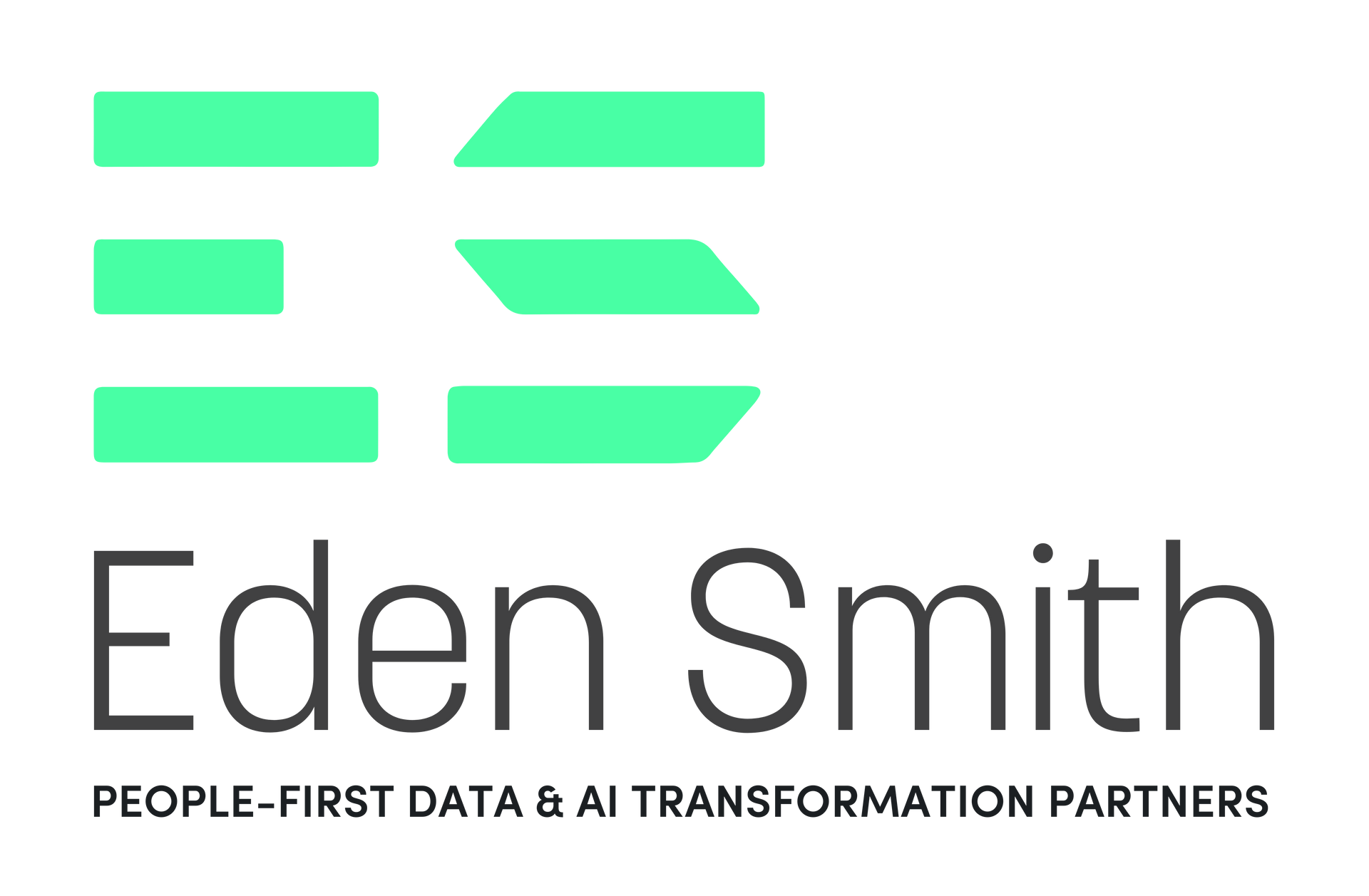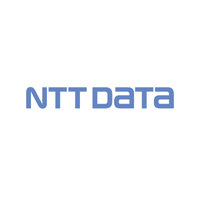The UK Data Jobs Market in 2025
Data Jobs Market Requires Flexibility, Specialisation and offers Regional Opportunity
By Matt Smith – COO Eden Smith Group
Every quarter we update the market and as we leap into H2, I have collated key research and findings that highlight how the UK jobs market is adapting to a highly volatile stress economy.
The UK jobs market continues to adapt to ongoing economic uncertainty, digital acceleration, and a persistent skills gap - particularly where we operate in the data and analytics space. Our ethos at Eden Smith is to support the data community with relevant stats and information to help client decision making. We’ve been closely monitoring the market dynamics to help employers and professionals navigate the evolving landscape with confidence.
In this article, I explore the latest hiring trends, regional differences, and the practical steps employers can take to stay ahead in the competitive data talent market.
The Big Picture: A Market in Transition
While the broader professional recruitment market is showing tentative signs of recovery, the data industry stands out for its resilience and continued growth. Employers are increasingly opting for flexible hiring models, using contractors and freelancers to close urgent skill gaps - especially in data engineering, governance, AI, and analytics.
"After a challenging period, we are finally seeing clear signs of recovery in the data and AI job market. Over the past quarter, demand has steadily increased across both contract and permanent positions, giving us cause for cautious optimism." Jonathan Blaber | Head of Staffing at Eden Smith
According to recent research from the Association of Professional Staffing Companies (APSCo), contract job postings in the UK increased by 11% year-on-year in May, with placements rising steadily. This is driven largely by acute shortages in specialist areas: 64% of UK employers report being impacted by skill deficits, particularly in data and tech. Further reasoning lies with businesses hesitant to hire full time employees (FTE’s) in an uncertain economic environment, projects still require delivery so a move to utilising Capex spend to keep the lights on.
Contracting: The New Normal for Data Hiring
The rise of the data contractor is reshaping how businesses access technical talent. From day-rate Data Analysts to specialist Machine Learning Engineers, the freelance model is thriving.
Average contract day rates for data professionals in the UK currently stand at:
- £500–£750/day for Data Scientists and Engineers in London
- £425–£500/day in Manchester and the North West
- £400–£450/day across the Midlands and other regions
High demand and short supply are pushing up these rates - especially for AI and ML talent, where the most experienced professionals can command upwards of £850/day.
Eden Smith’s Advice:
“For time-sensitive digital or AI projects, hiring a skilled contractor can offer speed, flexibility, and impact. We recommend clients benchmark rates by region and skill set - and consider contract-to-perm pathways to secure long-term talent.”
Regional Insights: Where Demand Is Growing
London & South East
Unsurprisingly, the capital remains the beating heart of the UK’s data economy. With over 70% of the UK’s high-paying data jobs based here, demand remains consistently high. Day rates are elevated, but so too is the competition for talent.
Manchester & the North West
This region is fast becoming a northern powerhouse for data roles, particularly in fintech and digital transformation. Strong university links and lower contractor rates compared to London make it an attractive location for scaling data teams.
Birmingham & the Midlands
The Midlands is seeing steady growth in public sector data roles and finance-based analytics. Median contractor day rates hover around £400/day, offering excellent value for employers and attractive opportunities for mid-level professionals.
Northern Ireland
An emerging outlier, with surprisingly high day rates (median £581/day), reflecting both a small but competitive market and limited local supply.
Eden Smith’s Advice:
“Regional hiring offers real advantages. Employers in London can look to remote contractors from the North West or Midlands to balance cost and capability, while professionals outside the capital are enjoying access to better remote roles than ever before.”
Permanent Hiring: A Gradual Rebound
Although contracting dominates the current narrative, permanent hiring is beginning to recover. LinkedIn and REC (follow me on LinkedIn if you want to see the latest stats every month) data show slight month-on-month increases in job postings and placements, suggesting growing employer confidence.
Yet, caution remains - many businesses are still reluctant to commit to long-term hires without clear ROI or internal upskilling in place.
Eden Smith’s Advice:
“Now is a smart time to secure permanent talent before competition heats up. If budgets allow, locking in strategic data hires - particularly in data governance, analytics leadership, or cloud platforms - can build long-term resilience.”
Strategic Recommendations for Employers
Whether you're scaling a data team, launching an AI project, or stabilising your workforce, here’s our guidance:
1. Embrace a Blended Workforce
Combine permanent staff with flexible contractors to bridge gaps, manage risk, and increase delivery capacity.
2. Plan Hiring Around Regional Value
Leverage location data to source competitively priced, high-quality professionals - particularly from Manchester, Birmingham, and remote-ready regions.
3. Benchmark Day Rates Proactively
Keep a close eye on market shifts. Rates for specialist data talent are moving fast - paying fairly secures loyalty and quality.
4. Prioritise Skills Over Job Titles
The most in-demand professionals offer practical, hands-on experience - regardless of formal qualifications. Skills-first hiring is more predictive of success in data roles.
5. Partner With a Specialist
Generalist recruiters often miss the nuance of data talent. A sector-focused partner like Eden Smith provides insight, speed, and the credibility needed to engage top-tier professionals.
Final Thought
The data economy isn’t slowing down - it’s adapting. Employers that embrace flexibility, think regionally, and invest in talent strategically will not only weather current challenges but emerge more capable, competitive, and digitally mature.
"As the market continues to evolve, so too does the hiring landscape. We will be keeping a close eye on where the demand shifts next and are always here to support clients and candidates navigating this exciting space." Jonathan Blaber | Head of Staffing at Eden Smith
At Eden Smith, we’re proud to support this evolution - connecting businesses with the right data professionals to thrive in 2025 and beyond.
Need help sourcing top data talent or shaping your workforce strategy?
Contact me directly or reach out to our data recruitment specialists directly.











